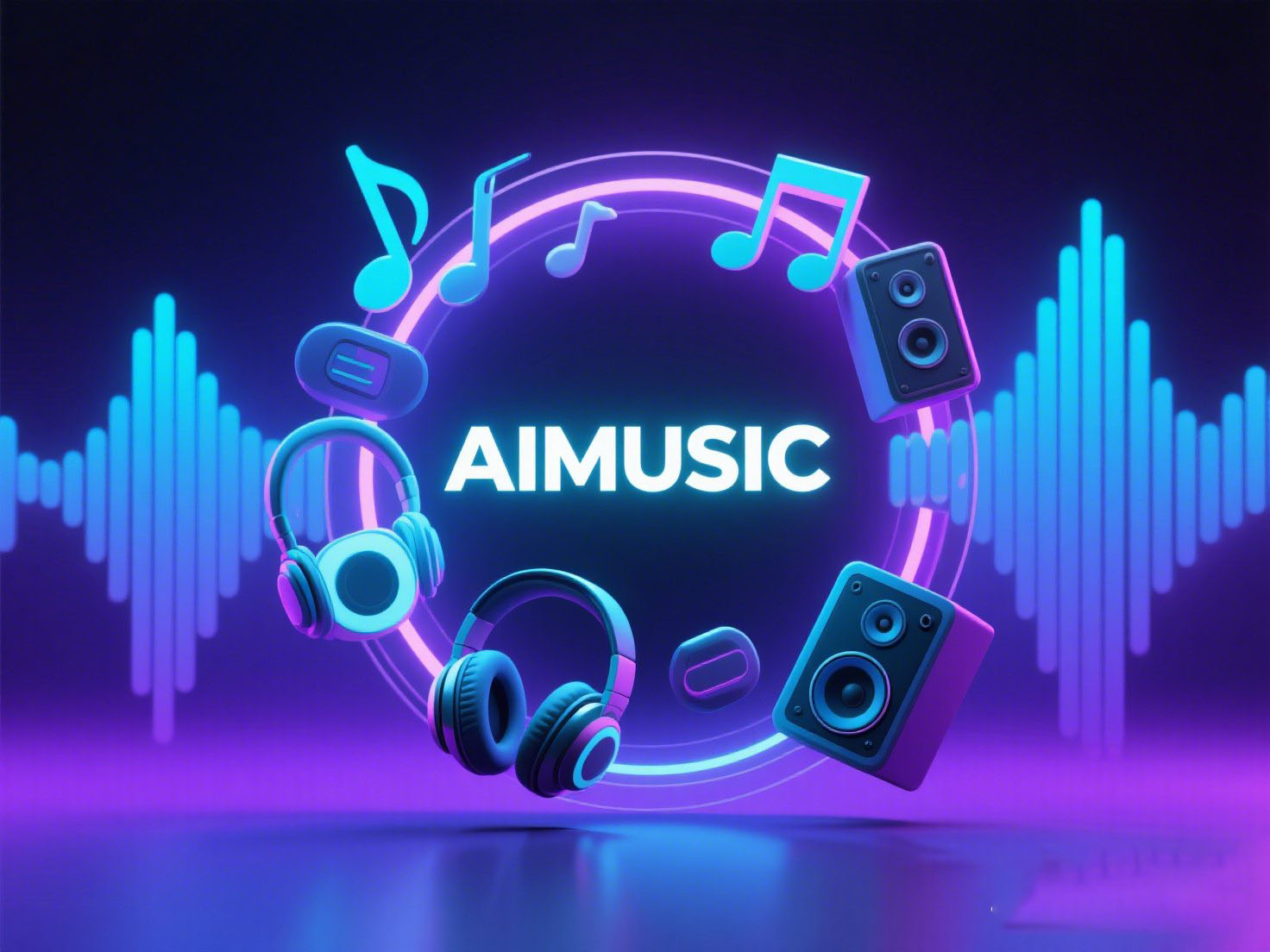AI and the Future of Music: Revolutionizing Creation, Production, and Consumption

The music industry stands at the precipice of a technological revolution as artificial intelligence transforms every aspect of musical creation and experience. From composition to performance, AI is not merely assisting human creativity but fundamentally redefining what music can be. This seismic shift presents unprecedented opportunities while raising profound questions about artistry, ownership, and the very nature of musical expression.
The Technical Foundations of AI Music Generation
Modern AI music systems employ sophisticated neural networks that have evolved dramatically in recent years. Transformer-based models like OpenAI's Jukebox and Google's MusicLM utilize attention mechanisms to process musical structure across multiple timescales, enabling coherent long-form composition. These systems train on millions of audio samples, learning intricate patterns of melody, harmony, rhythm, timbre, and even cultural context.
Diffusion models represent the cutting edge, progressively refining random noise into polished musical works. Stability AI's Stable Audio demonstrates how these systems can generate professional-quality tracks from simple text prompts, complete with proper song structure and mixing. Meanwhile, symbolic AI approaches continue to advance, with systems like MuseNet generating MIDI compositions that rival human-created works in complexity and emotional resonance.
Transformative Applications Across the Music Ecosystem
The implications of these technologies extend far beyond simple composition tools:
- Creative Augmentation: AI serves as a collaborative partner, offering real-time suggestions for chord progressions, melodic variations, and lyrical ideas. Artists like Grimes have embraced this potential, encouraging fans to create derivative works using AI models of her voice.
- Personalized Listening Experiences: Streaming platforms are developing adaptive systems that generate unique versions of songs tailored to individual listeners' preferences, moods, or even physiological states. Imagine a lullaby that subtly adjusts its tempo to match a baby's breathing pattern.
- Revolutionary Production Tools: AI-powered plugins can now handle complex audio engineering tasks with human-level nuance. LANDR's automated mastering service and iZotope's AI-assisted mixing tools demonstrate how machine learning is democratizing professional-quality production.
- Interactive Music Systems: Video games and virtual reality environments employ AI to generate dynamic, responsive scores that adapt seamlessly to user actions and narrative developments, creating deeply immersive experiences.
Ethical and Artistic Challenges
This technological revolution brings complex questions to the forefront:
- Authorship and Ownership: The music industry struggles to adapt copyright frameworks to AI-generated content. Recent rulings suggest AI works may not qualify for copyright protection, creating legal gray areas for commercial applications.
- Cultural Homogenization: As AI models train predominantly on Western popular music, there are concerns about algorithmic bias marginalizing diverse musical traditions and fostering creative conformity.
- Authenticity and Value: The rise of AI music prompts philosophical debates about artistic merit. Can a computer-generated symphony carry the same cultural significance as a human creation? How do we assess quality in an era of infinite, effortless generation?
The Road Ahead: Integration or Disruption?
Looking toward 2030, several developments seem inevitable:
- Hybrid Creativity: The most compelling musical works will likely emerge from human-AI collaboration, combining machine efficiency with human intentionality and emotional depth.
- New Business Models: The industry may shift toward personalized, subscription-based AI music services, challenging traditional notions of albums and intellectual property.
- Educational Transformation: Music pedagogy will need to incorporate AI literacy, teaching students to harness these tools while maintaining core musicianship skills.
- Regulatory Frameworks: Governments and industry groups must establish clear guidelines for attribution, compensation, and ethical use of training data.
Conclusion: Embracing the Paradox
The rise of AI in music presents a paradox - it simultaneously makes musical creation more accessible while challenging our deepest assumptions about artistry. As the technology continues to evolve, the most successful musicians may be those who learn to harness AI not as a replacement, but as an instrument in its own right - one that requires as much skill and understanding as any traditional musical tool.
The future of music isn't about humans versus machines, but about discovering new forms of expression at the intersection of technology and creativity. As we stand at this crossroads, one truth becomes clear: the essence of music may be changing, but its power to move us remains eternal.